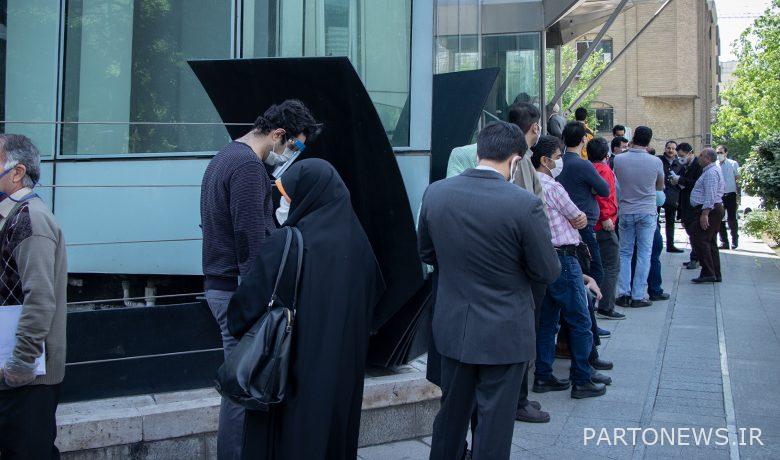Why are shareholders affected by the news?

According to Tejarat News, the stock market is facing a lot of excitement every day with the release of different news. How and by what mechanism does this news affect the capital market and how do shareholders buy or sell a share upon hearing this news?
Javad Fallahian, a capital market expert, said about the impact of news on shareholder transactions in the stock market: “There are three types of news affecting the market: political news that affects all markets and is imposed on the market at once.” Such as agreements or terrorist attacks, which can be positive or negative and for which there was no precondition.
There is another category of news that is specific to an industry or macro-level group, such as rising global oil prices or liberalizing car imports, which have little impact and are generally influential. Fallahian continued: “The third category is news that only affects a small community and is related to companies.”
Fallahian added in another section: Political news has the greatest impact on the stock market. In this way, micro-investors usually take emotional actions depending on their perceptions of the news. Usually, this type of news does not take more than one or two days, after which the market returns to its normal routine.
He continued: “Macroeconomic news shows its impact in the long run because it will take time to stabilize it.” For this reason, this type of news shows its effect on the market share price in the medium term. Accordingly, the shareholder is less excited and acts more analytically to buy and sell a stock.
“News such as capital increases or development plans related to a company often confuse the market. For example, some stocks are profitable by the end of the year and make good profits, but the market is lucky,” he said. They do not take and sometimes even have a negative trend.
“If we want to address why high-potential stocks are not moving well, we have to say that people are less inclined to analyze and read corporate financial statements,” says Fallahian. This makes the news that is published from the companies have less impact on the trend of a share.
Direct investment is to the detriment of shareholders!
Also in this regard, Nima Mirzaei, a capital market expert, said: “Previously, the foreign exchange market showed the fastest reaction to events, and now the capital market has taken the place of the foreign exchange market in rapid and emotional reactions.” Whether we like it or not, this unfavorable situation is the result of sending applicants to the stock exchange directly and providing online codes without any preconditions.
Mirzaei continued: “The strange thing is that the power of micro-realities (Ant Legion) has caused some legal entities to follow, model and intensify emotional behavior.” In addition to official news, rumors have also affected the market, and the outcome of these issues has caused losses to most shareholders.
He added: “The expansion of cyberspace and the acceleration of information flow have also affected the stock market community, and these issues have had such negative consequences.”
Cadal does not have the necessary acceptance among shareholders
The market expert said about the weakness of Kedal system in news coverage: “Kedal system does not have the necessary efficiency, speed of action and acceptance in the shareholding community, and perhaps to strengthen it, intensify supervision and punish and publish more publishers can be useful.”
Regarding the impact of news on the capital market, Mirzaei said: “The most short-term impact of news is on stocks that have a higher buoyancy percentage or do not have a large salary or a successful market maker in controlling fluctuations.” Contributions that are well-known and that people hear more about their names and related news in their daily lives can also be the target of these fluctuations.
He continued: “Major inexperienced shareholders are interested in buying shares with which they were previously familiar.” Of course, this behavior is not necessarily bad, and if it is accompanied by a fair and expert review, it can be useful to identify the appropriate stock in between.
“If we divide the market into professional and non-professional shareholders, the portfolio of the first group consists mainly of large p / e-centric and low-risk stocks, and this group will see less fluctuations, at least in the long run,” he concluded. By comparison, such stocks behave like large ships in turbulence, while small, high-risk stocks, on the other hand, are more affected by the news and, like a small boat, turbulence.
Read the latest stock market news on the Trade News page.

